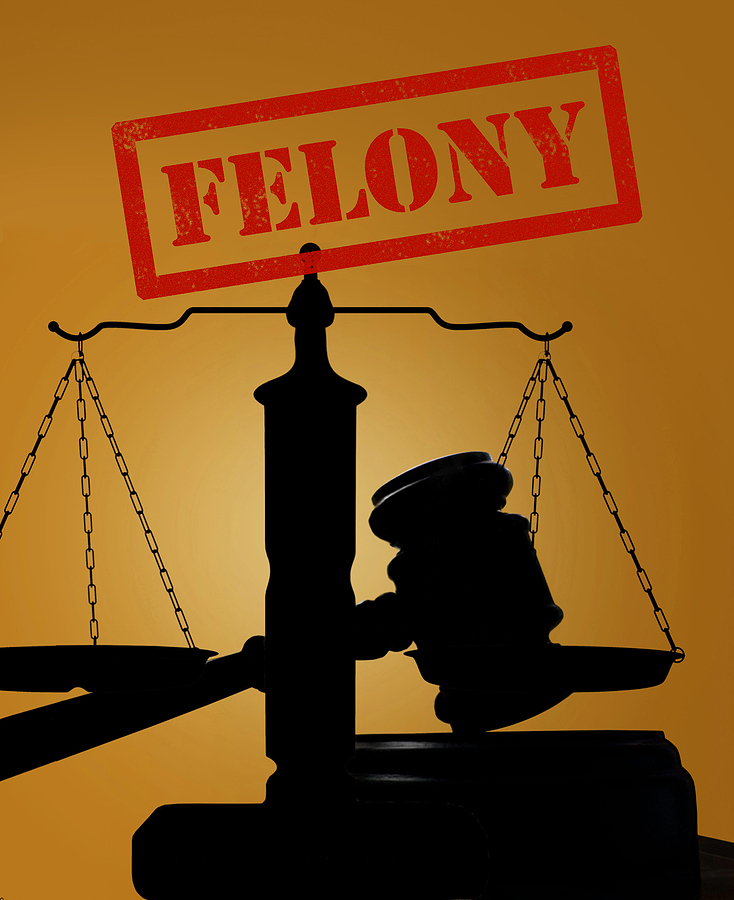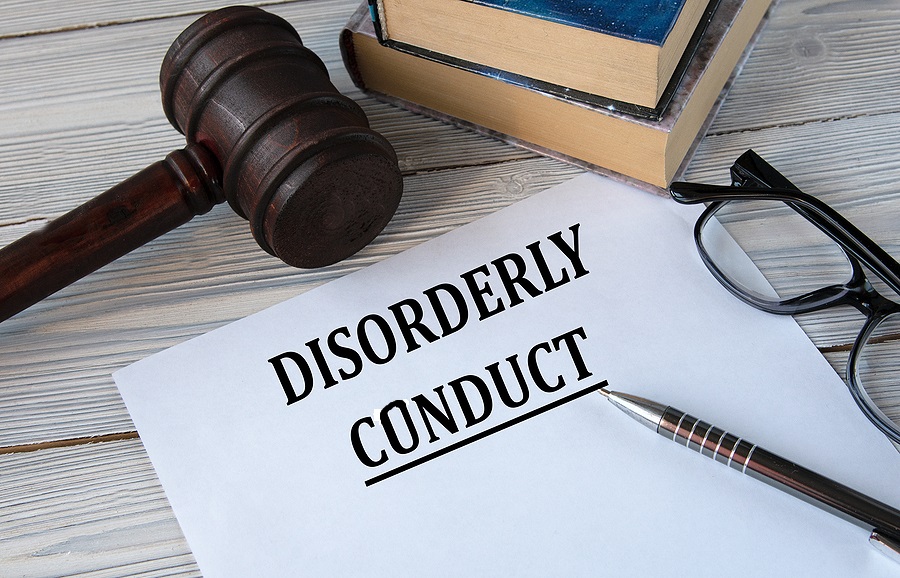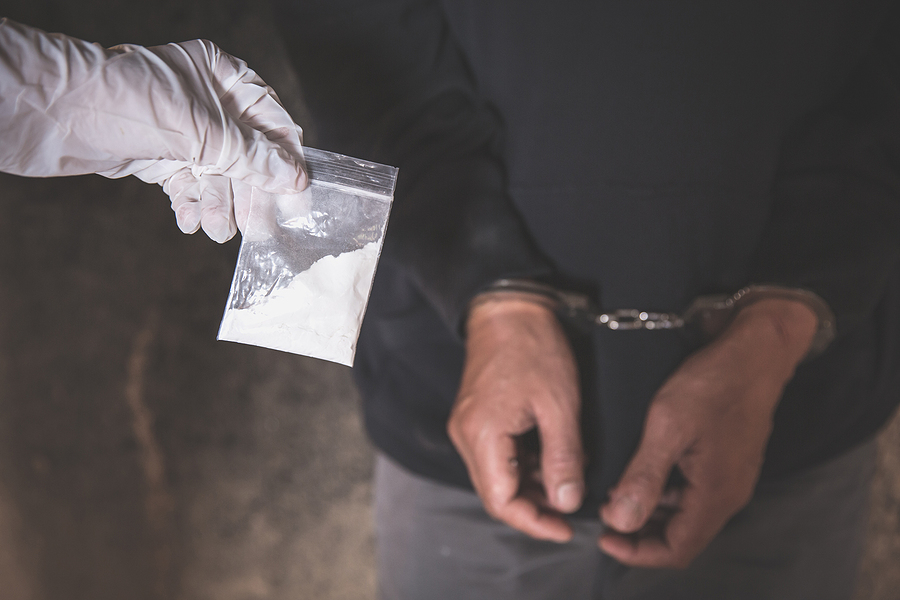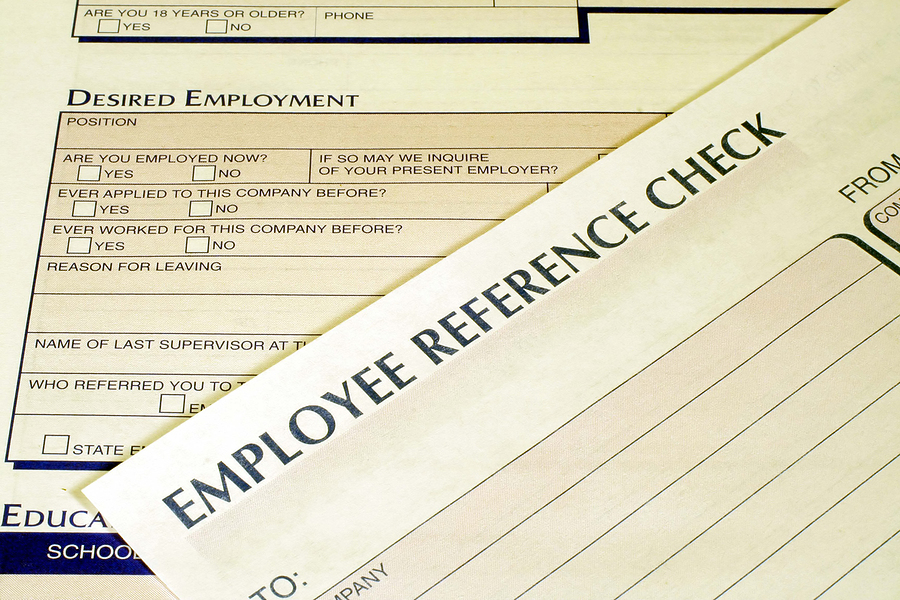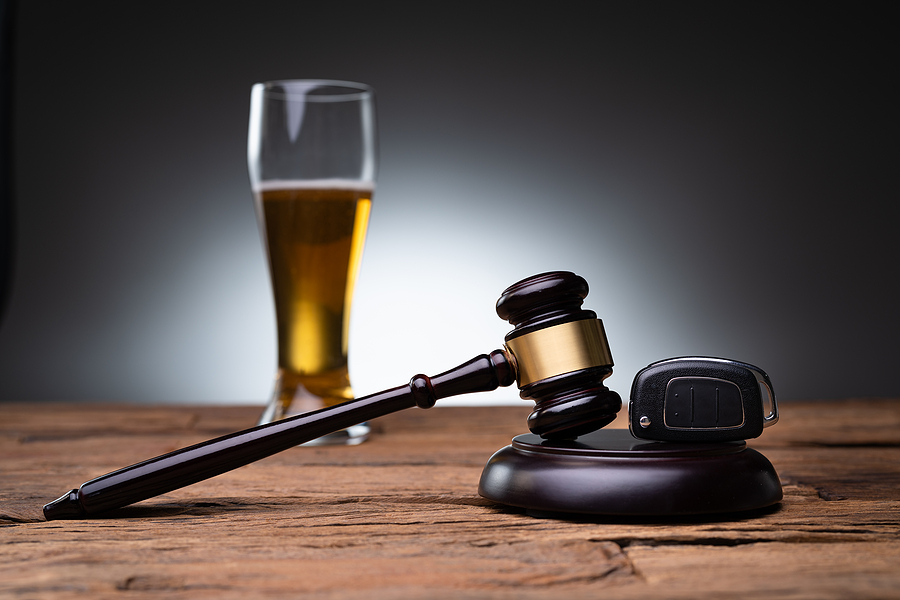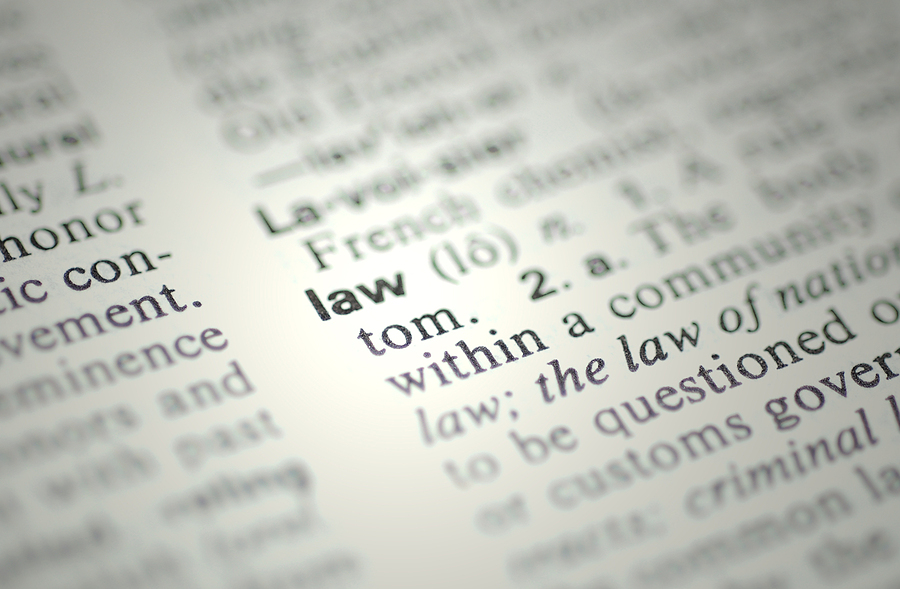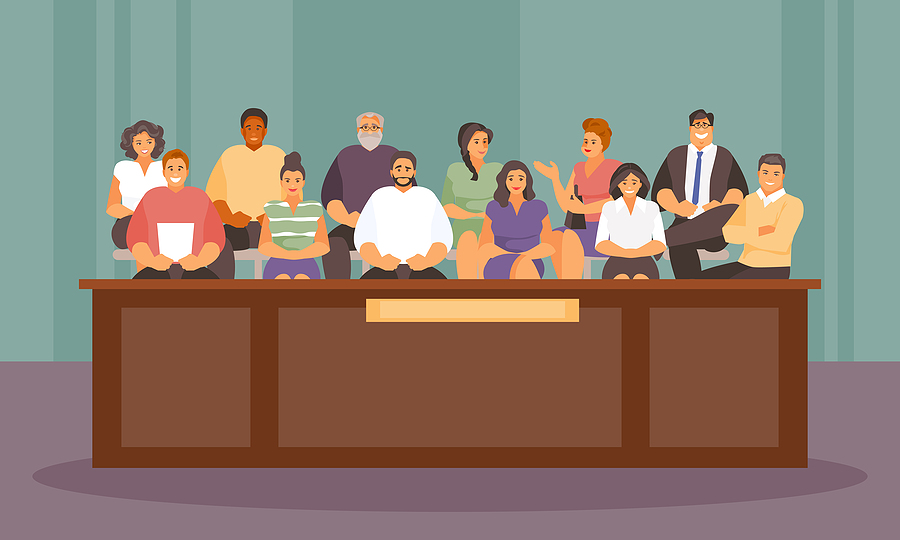In today’s digital age, the unfortunate reality is that bank fraud has become increasingly prevalent. In Indiana, just like in any other state, it’s an issue that has caused huge financial losses for both individuals and institutions. Whether it be through wire fraud, check fraud, or other illicit means, the consequences are severe and far-reaching.
Our comprehensive guide aims to shed light on the intricacy of bank fraud charges in Indiana, helping you to understand the finer details of these offenses, their potential implications, and the legal defenses that can be employed should you find yourself facing such charges. This is not just a read for the legally inclined but a crucial resource for all, as knowledge can equip us with the right tools to prevent becoming victims of these financial crimes.

What is Bank Fraud?
Bank fraud involves the use of deceitful or fraudulent means to illegally obtain money, assets, or property from a financial institution. This can include actions such as falsifying documents, identity theft, or embezzlement. The rapid advancements in technology have also made cybercrimes such as phishing and malware attacks a common form of bank fraud. These fraudulent activities not only harm the financial institutions but also have a ripple effect on the economy and individual victims.
Types of Bank Fraud in Indiana
The state of Indiana recognizes various forms of bank fraud, with some specific to financial institutions and others aimed at individuals. Here are three common types of bank fraud one can encounter in Indiana:
Wire Fraud
Wire fraud involves using electronic communications, such as phone calls or emails, to defraud an individual or financial institution. It can take many forms, including posing as a representative of a bank and tricking victims into revealing sensitive information like account numbers and passwords.
Check Fraud
Check fraud typically involves the creation of fake checks or the alteration of legitimate checks in order to obtain funds from someone else’s account. This can include forging signatures, changing the payee name, or altering the amount on the check.
Loan Fraud
Loan fraud is another common form of bank fraud in Indiana and includes actions such as providing false information to obtain a loan, misrepresenting assets or income, or submitting fraudulent documentation.
Potential Consequences of Bank Fraud Charges
The penalties for bank fraud charges in Indiana vary depending on the severity of the offense. They can range from fines and imprisonment to restitution and probation. Additionally, individuals convicted of bank fraud may also face civil lawsuits from victims seeking compensation for their losses. In cases involving large sums of money or multiple offenses, federal authorities may become involved, resulting in even harsher consequences.
Possible Defenses against Bank Fraud Charges
If you find yourself facing bank fraud charges in Indiana, it’s crucial to seek legal counsel immediately. An experienced attorney can help build a strong defense based on the specific circumstances of your case. Some common defenses against bank fraud charges include lack of intent to defraud, mistaken identity, and entrapment.
It’s also important to note that being charged with bank fraud does not automatically mean a conviction. The prosecution has the burden of proving guilt beyond a reasonable doubt, and a skilled defense attorney can challenge the evidence presented.
Conclusion
Bank fraud is a serious offense that carries significant consequences in Indiana. By understanding its different forms, potential implications, and available defenses, we can equip ourselves with the knowledge to protect against falling victim to these financial crimes. If you or someone you know is facing bank fraud charges, it’s crucial to seek legal counsel and build a strong defense to protect your rights and future. Stay vigilant and informed, as knowledge truly is power when it comes to preventing and fighting against bank fraud in Indiana. So, continue educating yourself and those around you about this important topic.
Looking for aggressive criminal defense that can get you the best possible outcome in court for your fraud charges? Contact Attorney David E. Lewis at 317-636-7514 to speak with a seasoned criminal defense charge defense lawyer who can skillfully fight your bank fraud charges in Indianapolis, Indiana. Act now while there is still ample time to build your defense and secure your freedoms.
Related Posts:
Understanding the Different Types of Credit Card Fraud
Top 4 Ways to Avoid Bankruptcy Fraud
What You Need to Know About Indiana Tax Fraud

